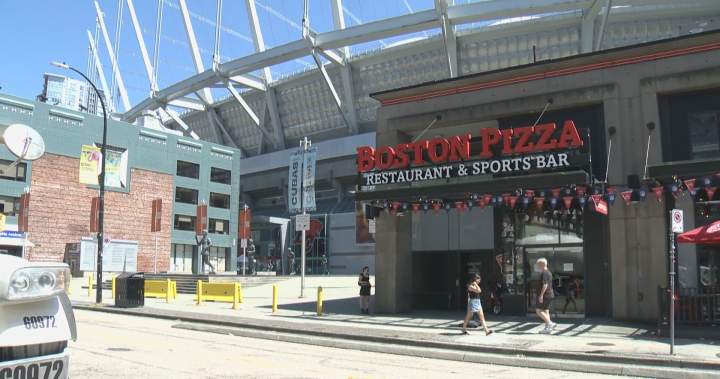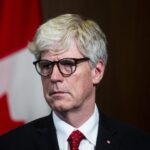FIFA 2026 Vancouver Business Restrictions Impact Local Businesses Near BC Place
The shadow of FIFA’s expansive commercial restrictions has fallen over Vancouver’s small business community as the city prepares to host matches during the 2026 World Cup. Newly revealed contract details expose the far-reaching control FIFA will exert over businesses operating near BC Place Stadium, raising alarm among local entrepreneurs caught in the crossfire of international sporting politics.
Documents obtained through freedom of information requests reveal FIFA’s demands extend well beyond the stadium walls. The governing body has secured a “clean zone” spanning 1.5 kilometers around BC Place where businesses face severe limitations on promotions, advertisements, and even normal operations during the tournament.
“These restrictions effectively handcuff small businesses during what should be our most profitable period,” says Maria Ramirez, owner of Stadium Café, which sits within the designated zone. “We’ve survived a pandemic and inflation only to be told we can’t even promote our own business during a global event on our doorstep.”
The contract stipulates businesses cannot display unauthorized advertisements, run World Cup-themed promotions, or create merchandise referencing the tournament without FIFA’s explicit permission. Even establishments’ regular signage may require modification if deemed to conflict with official sponsors’ exclusivity rights.
City officials have defended the agreement, citing the estimated $1 billion economic boost the tournament will bring to British Columbia. “Major international events require certain commercial protections,” stated Vancouver’s Deputy City Manager Sandra Williams. “We’re working with FIFA and local businesses to find a balance that respects both tournament requirements and our vibrant business community.”
However, the Vancouver Business Association has expressed significant concerns about the practical implications. Their analysis suggests up to 340 businesses could face operational constraints during the tournament, with potential revenue impacts exceeding $15 million collectively.
The terms also reveal FIFA’s control extends to street vendors, public transportation advertising, and even temporary business licenses, effectively giving the organization unprecedented authority over Vancouver’s commercial activity. Legal experts have questioned whether such extensive restrictions could withstand challenges under Canadian competition law.
Provincial Economic Development Minister Alan Thompson acknowledged the concerns but emphasized the long-term benefits. “While we recognize these temporary measures create challenges, we must balance that against the substantial tourism dollars, global exposure, and infrastructure improvements that will benefit Vancouver for decades,” he told CO24 Business.
Similar restrictions have caused controversy in previous World Cup host cities. During the 2014 Brazil World Cup, local vendors reported significant financial losses after being barred from selling near stadiums, while 2018 host Russia faced criticism for displacing small businesses to accommodate FIFA’s commercial demands.
Vancouver’s situation reflects the growing tension between global sporting events and local economic interests. As cities compete fiercely to host prestigious tournaments, the bargaining power increasingly tilts toward organizations like FIFA, which can demand extraordinary concessions.
Community organizers have launched “Fair Play for Local Business,” an advocacy campaign pushing for compensation mechanisms and exemptions for the smallest operators. “We’re not against the World Cup,” explains campaign coordinator James Chen. “We simply want acknowledgment that small businesses shouldn’t bear a disproportionate burden of these corporate restrictions.”
With the tournament still two years away, negotiations continue between city officials, provincial representatives, and FIFA regarding potential modifications to the commercial restrictions. Meanwhile, affected businesses must decide whether to adapt their operations, seek official partnership status at considerable expense, or potentially face penalties for non-compliance.
As Vancouver prepares for its moment on the world stage, a fundamental question remains: can global sporting events truly benefit host cities when their requirements increasingly conflict with the economic interests of the very communities they’re meant to showcase?























